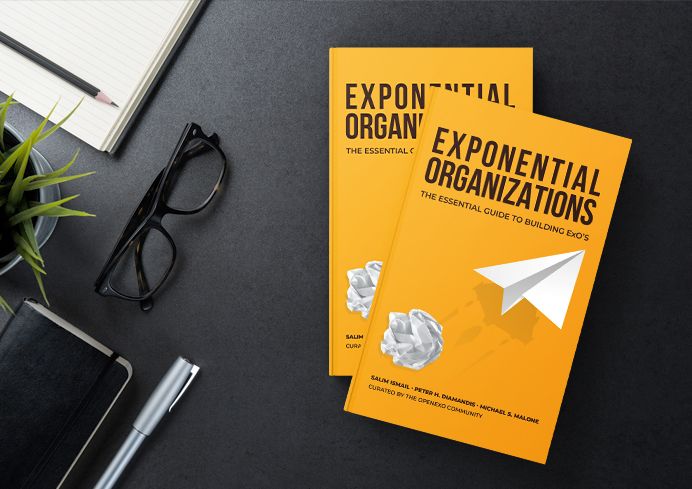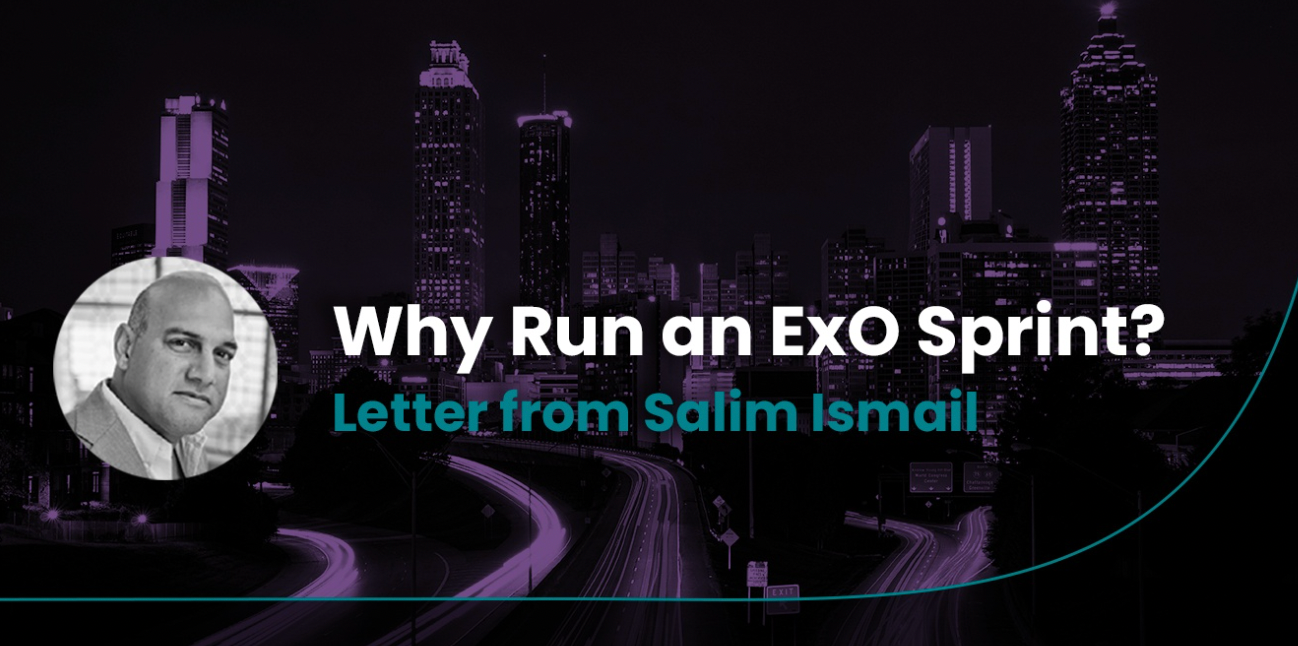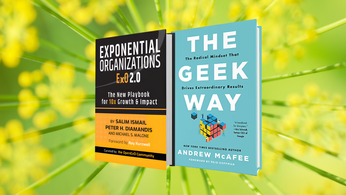
Forget Startups, ExOs (Exponential Organizations) Are The New Way To Innovate Paid Members Public
When you lower the cost of supply, you decrease the denominator and your market cap explodes. This is one of the reasons why there are so many unicorns these days.

We are Updating the Global Best Seller Exponential Organizations in the best way possible; exponentially! Paid Members Public
Salim, his co-authors, and a group of close advisers created the first edition. This time, we are doing it together and we are doing it publicly. Our community now has over 80 volunteers and changemakers curating portions of the book.

Are We Heading Towards A Star Trek Or Mad Max Future? Paid Members Public
Star Trek: The only way we can grow and evolve as a new species is to have new experiences. - Peter Diamandis

Exponential Organizations: ExOs That Failed And What We Have Learned Paid Members Public
Every individual can now genuinely make a difference to the world and make an impact that was traditionally a luxury only afforded to governments and large organizations.

Forbes asks: Why is Productivity Down When Innovation is Way Up—And What Do We Do About it? Paid Members Public
The "Exponential Paradox," where rapid technological advancements are transforming industries, yet economic productivity lags due to insufficient investment in innovation infrastructure, emphasizes how the ExO Community provides the tools, talent, and resources to bridge this gap and drive growth.

ExO Sprint for Global 5000 Companies Paid Members Public
The fundamental problem you have to solve is what I call the “immune system problem” in any traditional organization—where it's architected for scarcity, for efficiency, for predictability.

Why Run an ExO Sprint? Letter from Salim Ismail Paid Members Public
The real impact of technology is not the disruption—we’ve been dealing with that for centuries. It’s the pace, density and unpredictability that disruption brings.

It’s Better for Big Companies to Buy Their Disruptive Competition Than to Fight Them Paid Members Public
The failure to recognize disruptive competition is a recurring problem within big companies, which constitutes an existential problem given the pace of technological change and disruption today. The average lifespan of an S&P 500 company used to be 60 years, today it’s just 20.







